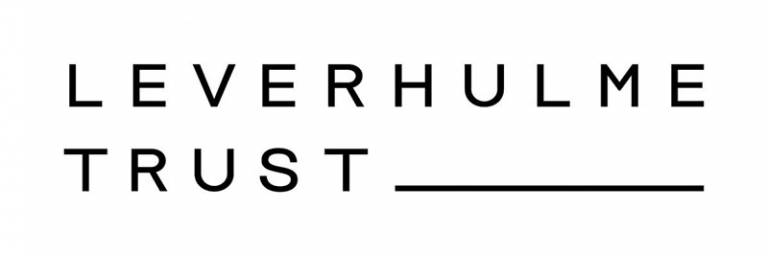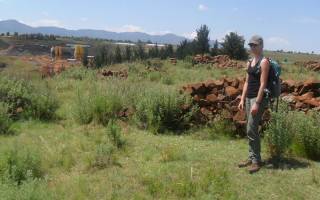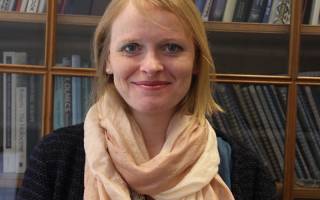Leverhulme Trust Research Project Grant awards for Institute researchers
16 September 2021
Rachel King and Rhiannon Stevens (UCL Institute of Archaeology) have been awarded Leverhulme Trust Research Project funding to lead collaborative research projects in their respective subject areas.


Rachel King's 3-year research project, in collaboration with the University of the Witwatersrand, which is due to start in January 2022, is entitled 'Evaluating the cultural cost of development in the New South Africa' and will examine how the South African state, its contractors, and citizens have considered what heritage is really worth since its democratization in 1994.
Through innovative methodology, integrating state and museum archives with new ethnographic data, the project team will interrogate how stakeholders in a young democracy negotiated trade-offs between preserving heritage and permitting infrastructure building.
The project will break new ground in quantifying and qualifying the long-term cultural costs of development, and in communicating these costs to the public.
Rhiannon Stevens' 4-year research project, with collaborative partners at the Universities of Leeds and Sussex, which is due to start in October 2021, is entitled 'Unlocking records of past permafrost thaw through isotopes of fossil bones' and will examine how permafrost responded to past climate change in order to predict future climate change.

Permafrost (permanently frozen ground) holds vast stores of carbon, currently isolated from the Earth’s atmosphere. As our climate warms, permafrost thaws, releasing this carbon as greenhouse gases which accelerate global climate change, creating a continuous feedback loop. Sulphur isotopes of fossil bones are a promising new proxy for past permafrost conditions.
By quantifying the relationship between permafrost thaw and sulphur isotopes in the modern environment, and applying this knowledge to fossil data, the project team will create the first high resolution records of past permafrost thaw. The past offers a window through which the processes affecting our modern permafrost environments can be studied and better understood. This project will make a pioneering new contribution to this topic. Follow the project @palaeothaw.
Many congratulations to Rachel and Rhiannon!
Since its foundation in 1925 the Leverhulme Trust has provided grants and scholarships for research and education, funding research projects, fellowships, studentships, bursaries and prizes; it operates across all the academic disciplines, the intention being to support talented individuals as they realise their personal vision in research and professional training. Today, it is one of the largest all-subject providers of research funding in the UK, distributing approximately £100m a year. For more information about the Trust, please visit www.leverhulme.ac.uk and follow the Trust on Twitter @LeverhulmeTrust
 Close
Close

